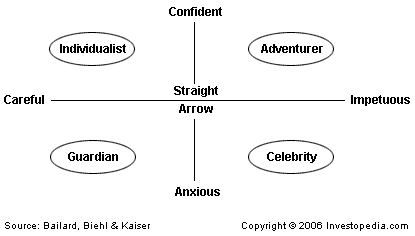To be a successful investor in the stock market, one needs to develop several skills:
- Learn how the stock market functions – the roles played by short-term traders, long-term investors, operators, company promoters, brokers, FIIs, DIIs, NSDL/CSDL, stock exchanges, SEBI
- Know about the various types of securities that are traded – stocks, convertible and non-convertible debentures/bonds, warrants, ETFs, mutual funds, bonus/rights shares, bonus/rights debentures
- Be aware of related information – dividends, interest on debentures/bonds, tax implications of buying and selling of various securities
- Have working knowledge of economic concepts – supply and demand, money supply, inflation/deflation/stagflation/recession, surplus/deficit, interest rates, impact of global economies on domestic economy, effect of economic changes on different business sectors
- Reasonable proficiency in accounting concepts – debit/credit, assets/liabilities, capital/reserves, equity/preference shares, payables/receivables, raw materials/inventory, profit/loss, cash flows, and ability to calculate and compare EPS, P/E, P/BV, RoNW, RoCE, Debt-Equity ratio, etc.
But the most important skill of all is to learn about oneself – the behavioural traits that determine who will be a successful investor and who will be an ‘also ran’.
In a recent article posted at investopedia.com, the following behavioural model developed by Bailard, Biehl and Kaiser was presented:

Investors are classified according to their decisions and actions (‘impetuous’ at one end and ‘careful’ at the opposite end) as well as their levels of confidence (‘confident’ at one end and ‘anxious’ at the other end). Based on these behavioural traits, investors are divided into five groups:
- Celebrity – anxious and impetuous, a follower of the latest investment trends
- Adventurer – confident and impetuous, a strong-willed risk taker
- Individualist – confident and careful, with an analytical and self-reliant approach
- Guardian – anxious and careful, willing to sacrifice riskier growth for more stable returns
- Straight Arrow – equally shares the above four behavioural traits
Apparently, greatest investment success is achieved by those with the ‘Individualist’ behavioural trait. What if one has one of the four other behavioural traits? Should they exit from the stock market?
With discipline and perseverance, behavioural patterns can be changed – provided one is aware which behavioural category one belongs to.
Moral of the story? To be a successful investor – know thyself.
Related Posts
No comments:
Post a Comment